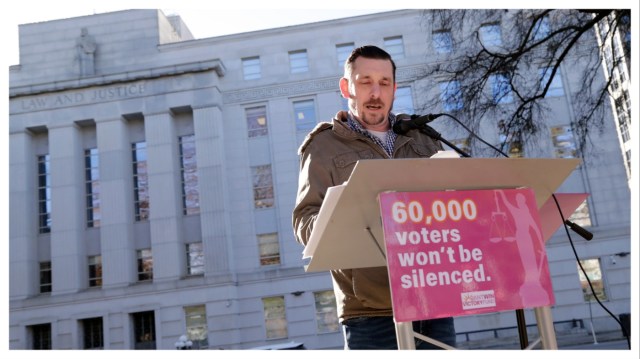Judicial Battleground: How a Single Court Race Is Igniting North Carolina's Political Powder Keg

A fierce political battle is unfolding in North Carolina over a critical state Supreme Court seat, with tensions running high more than two months after Democrats seemingly secured a narrow victory. The race, centered around Justice Allison Riggs, has transformed from a judicial contest into a high-stakes political showdown that is capturing statewide attention.
What began as a seemingly routine election has escalated into a complex legal and political drama, highlighting the increasingly polarized landscape of judicial races in the United States. The prolonged dispute underscores the growing significance of state Supreme Court elections and their potential to shape legal and political landscapes.
Democrats are fighting to maintain their hard-won seat, while Republican challengers are mounting aggressive legal and political challenges that threaten to overturn the election results. The intensity of the conflict reflects broader national tensions surrounding judicial appointments and the delicate balance of power in state-level courts.
As the battle continues, political observers are watching closely, recognizing that the outcome could have far-reaching implications for North Carolina's judicial system and the broader political dynamics in the state.

